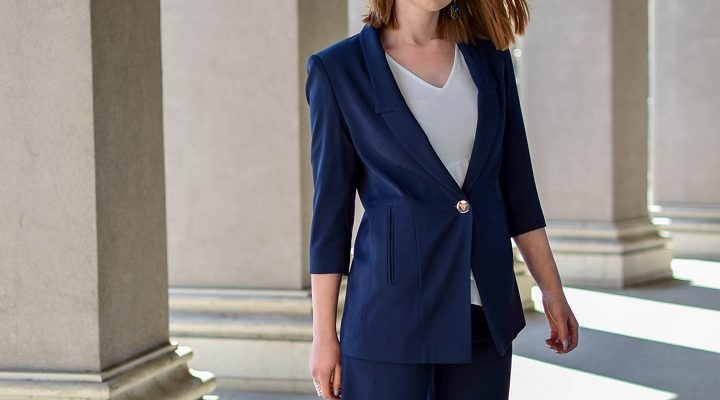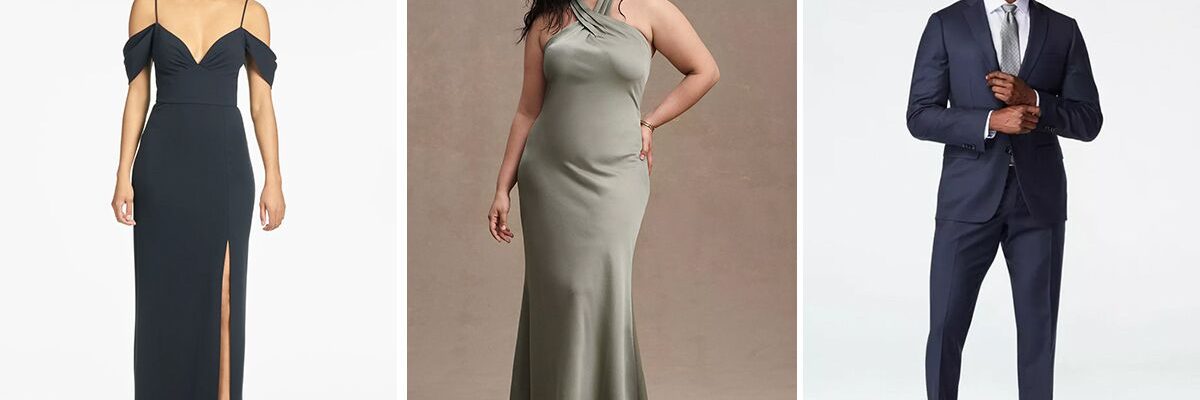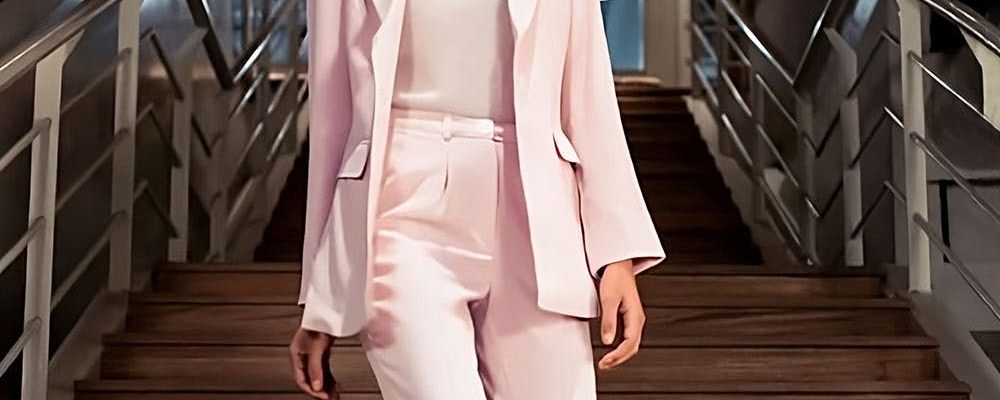As awareness of environmental issues grows, there is an increasing demand for sustainable and eco-friendly choices in fashion, including formal wear. The fashion industry has responded by adopting more sustainable practices and materials. Here are some eco-friendly choices and practices in formal wear:
- Sustainable Fabrics:
- Organic Cotton: Grown without synthetic pesticides and fertilizers, organic cotton is a more sustainable alternative to conventional cotton used in formal wear.
- Tencel/Lyocell: Made from wood pulp, Tencel is a biodegradable and eco-friendly fabric with a silky feel, often used in dresses and suits.
- Hemp: Hemp is a fast-growing plant that requires minimal water and pesticides, making it a sustainable choice for formal wear.
- Recycled Materials:
- Recycled Polyester: Using recycled polyester helps reduce the demand for new petroleum-based materials.
- Upcycled Fabrics: Designers may repurpose vintage fabrics or materials to create unique and sustainable formal wear pieces.
- Sustainable Design Practices:
- Modular Design: Creating garments with modular components allows for easy repair or replacement of specific parts, extending the lifespan of the garment.
- Zero-Waste Design: Designers aim to minimize fabric waste during the production process by utilizing all fabric pieces efficiently.
- Slow Fashion and Capsule Wardrobes:
- Investment Pieces: Encouraging consumers to invest in timeless, high-quality pieces that can be worn on multiple occasions reduces the need for frequent purchases and disposal of clothing.
- Capsule Wardrobes: Building a capsule wardrobe with versatile and durable formal wear items promotes a more sustainable approach to fashion.
- Renting and Secondhand Options:
- Rental Services: Renting formal wear for special occasions reduces the demand for new garments and promotes a circular fashion economy.
- Secondhand and Vintage Shopping: Purchasing secondhand formal wear not only reduces the environmental impact but also adds a unique and timeless element to one’s style.
- Transparent Supply Chains:
- Brands that prioritize transparency in their supply chains allow consumers to make informed choices about the environmental and ethical practices behind the production of formal wear.
- Dyeing Techniques:
- Plant-Based Dyes: Using dyes derived from plants rather than synthetic chemicals reduces the environmental impact of the dyeing process.
- Ethical Labor Practices:
- Choosing brands that prioritize fair labor practices ensures that the people involved in the production of formal wear are treated ethically and paid fair wages.
- Biodegradable Packaging:
- Brands that use eco-friendly and biodegradable packaging contribute to reducing the environmental footprint associated with formal wear.
By making conscious choices in materials, design, and production methods, individuals can contribute to a more sustainable and eco-friendly approach to formal wear. The fashion industry’s shift towards sustainability reflects a growing commitment to addressing environmental concerns and promoting responsible consumption.









